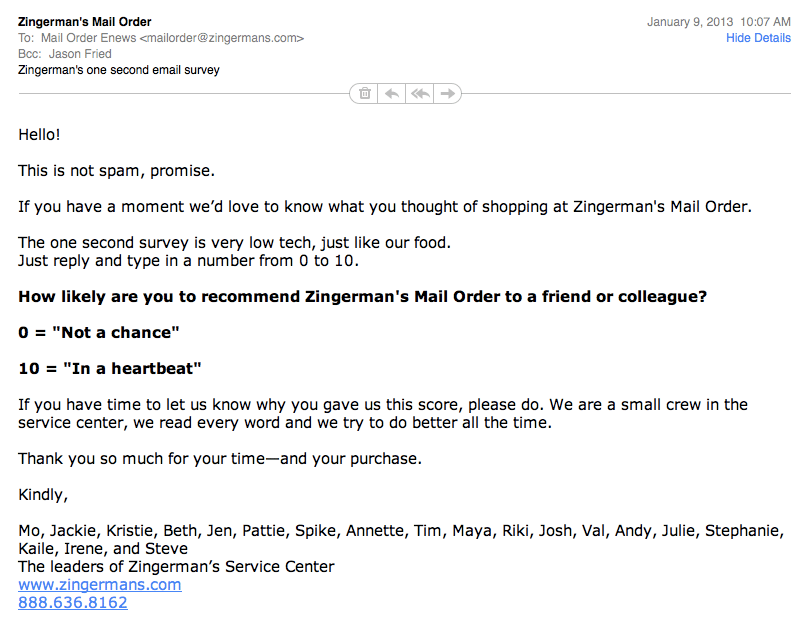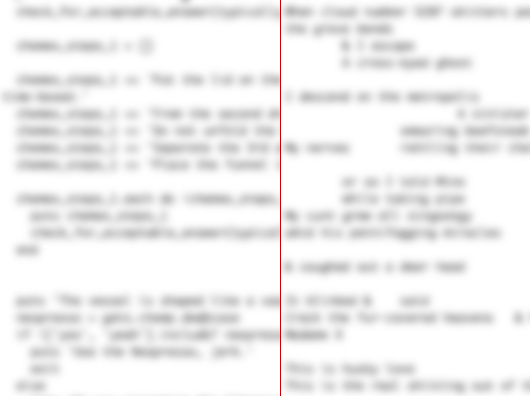When you work in a traditional office and have a question, instant gratification is hard to resist. It’s so easy. Just stumble over to a co-worker’s desk, make sure they stop whatever it was they were doing, blather on until the lights of recognition come on in their eyes, then await the answer. Unless your query concerns inflammable materials currently engulfed in said flames you’ve likely wasted their time – in fact, you may have even wasted your own.
One of my favorite side-effects of working remotely is the way slow-time communication forces you to stop and think before you speak. When I have a question for one of our programmers, for example, here’s a bit of what goes through my head:
How should I ask this question?
He’s online, I could just send a quick IM…
...but is this important enough to risk interrupting with an instant message?
No. I’m not even sure I can even explain it one line at a time like that.
What about email?
Nah. It’s about some specific code, maybe I should ask on Github.
It’s complicated. How can I explain this as directly as possible?
I can post a comment right on the helper method…
...but is the problem really in the helper or is it because of the collection set in the controller?
It’s definitely in the controller, let’s start there. Wait a second…!
It’s usually at this point that I either figure out the answer for myself or come up with a new way of considering the problem, never having to even ask the original question. I didn’t bother my co-worker, I didn’t look like an idiot trying to articulate the question on-the-fly, and most importantly I figured out the answer!
People who struggle to work remotely often bemoan the lack of in-person collaboration jumping from this tool to that tech in an effort to recreate the magic that only happens when we’re all in the same room. There are definitely advantages to face time, but too often it seems like facial expressions and waving arms are substituted for clear thought and courtesy.
The next time you have a question for a coworker, try writing it out as if they were 1000 miles and 3 time zones away – even if they’re sitting right next to you. You might surprise yourself with the answer.








